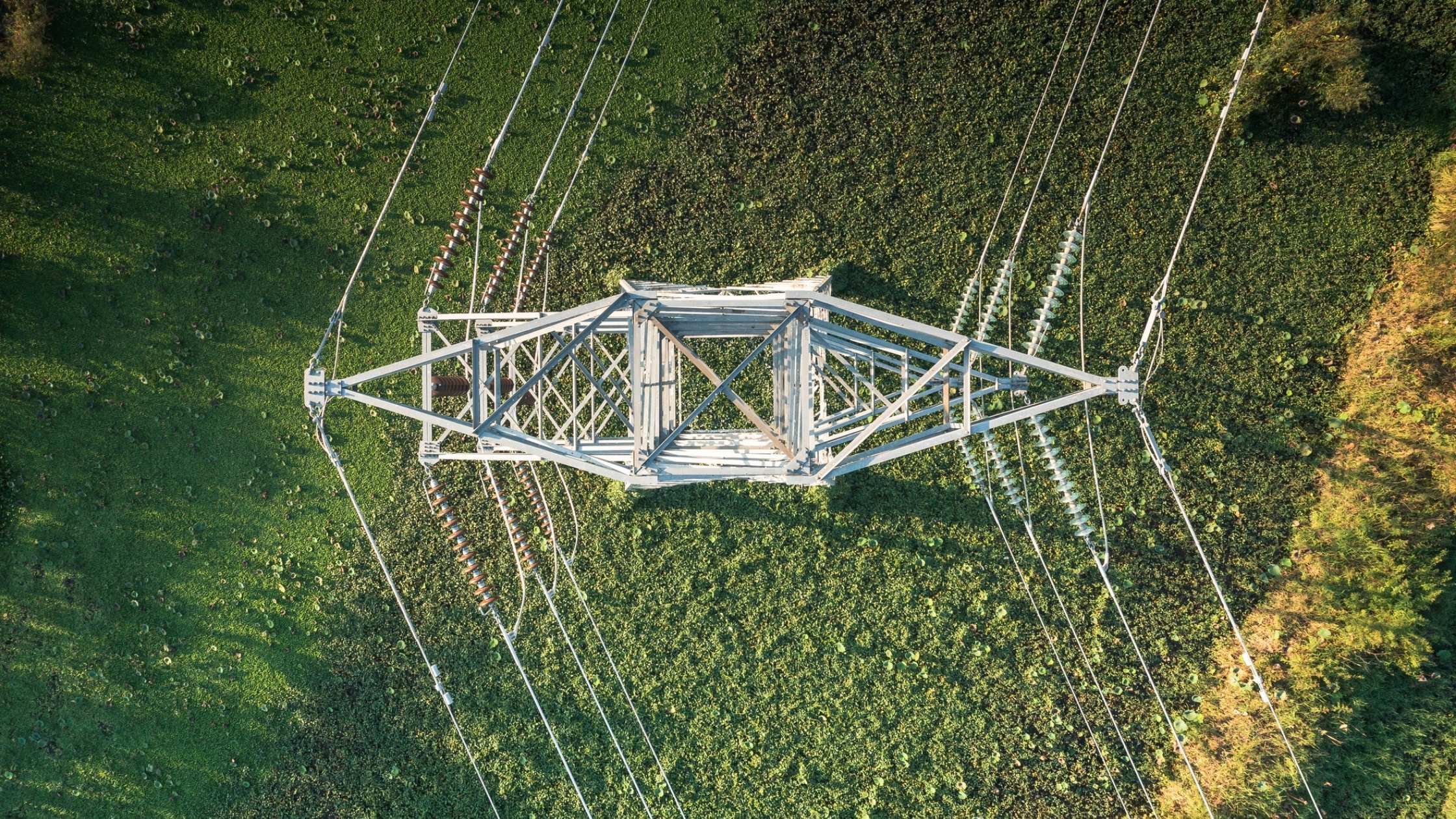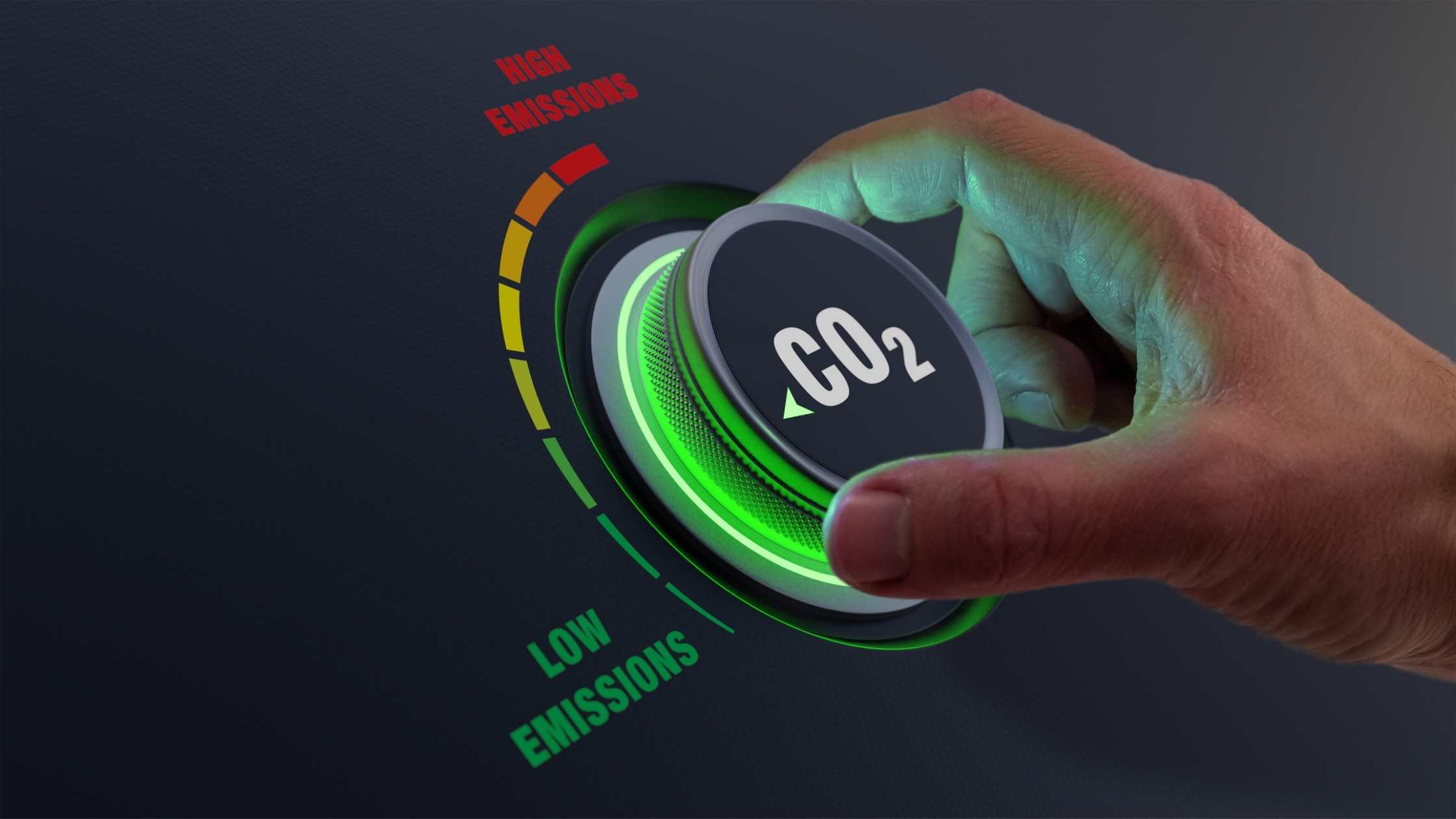September 29, 2022
Are you confused yet? Life is rarely straightforward. You can almost always find the “good” in bad circumstances and the “bad” in good circumstances….or people… or things. There is always a principle of yin and yang at play. Like anger. Anger in itself is not a bad emotion, even though we tend to categorize it as a not-so-good emotion (not in the “feel-good” category anyway). But emotions are neutral and how we respond to it is what really counts. Anger, if we let it lead us, can provoke us to stupidity or challenge us to put our foot down and finally do that great thing. We are both good and bad People too, are a myriad of both good and bad. I’ll be the first to admit that I’m not all good. I am human and there is both good and bad in me. I am good at some aspects and bad at others. I’m just glad there are others to balance me out (like my wife – thank you Kate). Yin and Yang – No shadow without light This idea of balancing comes from the principle of Yin and Yang which is a belief that “all things exist as inseparable and contradictory opposites”. Let’s think about some everyday examples – female-male, day-night and old-young. There is just something about opposites that attract and complement each other. In fact, some opposites almost depend on one another to shine. For example, there is simply no shadow without light and what is goodness without evil? Modernizing the principle The concept of yin-yang has a long history. There are many written records... September 22, 2022
The latest current Law on Cybersecurity of 2018 applies strict network security protection regulations, along with rules for handling violations in order to improve order maintenance and network security protection. The goal being to create a healthy and safe cyberspace for Vietnamese citizens. What is the Cybersecurity Law of 2018? The Cybersecurity Law of 2018 consists of 7 chapters with 43 articles of law that strictly regulate national security protection activities. These are the responsibility of the relevant agencies, individuals and organizations that ensure the safety and security of society on cyberspace. When did the Cybersecurity Law of 2018 take effect? On June 12, 2018, after receiving 87% of votes from the National Assembly deputies, the Law on Cybersecurity of 2018 was passed and officially took effect on January 1, 2019. Highlights of the Law on Cybersecurity of 2018 Some highlights of the 2018 Cybersecurity Law include: It is strictly forbidden to post false information According to Article 8 of this Law, the following acts are strictly prohibited in the network environment: Acts of violation of the law on national security, social order and safety specified in Article 18.1 of this Law; Organizing, operating, colluding, instigating, bribing, deceiving, enticing, and training people against the State of the Socialist Republic of Vietnam; Distorting history, denying revolutionary achievements, undermining the great national unity bloc, insulting religion, discriminating based upon gender or race; Disseminating false information that causes confusion among the people, causes damage to socio-economic activities, causes difficulties for the operation of state agencies or those that perform official duties, infringes upon the legitimate rights and interests of the people, or... September 21, 2022
INTRODUCTION The energy transition is disrupting markets around the world, and Thailand is no exception. The move from energy based on fossil fuels to renewable sources will reshape energy markets over the coming decades. The disruption this will cause will give rise to plentiful opportunities for climate-tech businesses. The Thai government has already announced a number of measures it will implement in order to facilitate the transition. CURRENT SITUATION Before looking at the measures the Thai government is taking to support the energy transition, it is worth examining the status quo. Thailand’s energy needs are currently met by fossil fuels such as refined petroleum products and natural gas, as well as a mix of renewable sources such as solar, wind, biomass, and hydroelectricity. Petroleum Thailand is a net importer of both crude oil and refined oil products. Natural gas is sourced both domestically and through imports, which arrive through pipelines from Myanmar and as liquefied natural gas (LNG). With domestic gas supplies being depleted and limited opportunities for new investment in the upstream sector, LNG looks likely to play an increasingly important role in supplying Thailand’s energy needs in the coming decades. Earlier this year, the Department of Mineral Fuels, Ministry of Energy (DMF) announced the 24th bidding round for offshore exploration and production blocks; bids are due between 5 – 16 September 2022. Electricity Generation As of May 2022, Thailand’s installed grid capacity was approximately 46.8 GW.1 This does not include very small power producers (VSPPs), which are defined as power projects with an installed capacity of less than 10 MW. The figure also does not include so-called “behind... September 21, 2022
Just when it seemed the world might be returning to some version of “normal”, the Russian invasion of Ukraine taught us, once again, that it is perhaps more cogent to expect the unexpected. We’ve covered the ramifications of this war on the legal community in Russia, Ukraine and beyond. In this issue, we take a moment to consider the consequences of the ongoing conflict on energy markets globally, including volatility in fossil fuel prices and the reassessment of energy security risks, together with an update on projects across the Middle East and Asia. CONFLICT CAUSING CRISIS The International Energy Agency (IEA) has called the energy fallout following the war in Ukraine our “first truly global energy crisis in history”. The European Union is directly reliant on Russia for gas, with 40% of the EU’s gas coming from Russia in 2021, accounting for 75% of Russia’s exported gas volume. China and Japan are similarly large importers of gas, seeing 9.2 and 8.8bcm, respectively from Russa each year. European nations also take top spot as users of Russian oil, accounting for two-thirds of Russia’s exports, with a fifth exported to China (the single biggest buyer in 2021 according to the IEA). These figures are, however, expected to change significantly in the short term as nations rethink reliance on Russian fuels. Ramifications of this instability, of course, extend far beyond these direct importers. While the COVID-19 pandemic saw global oils prices slump to USD 14 per barrel in April 2020, March 2022 saw them fly to USD 133 in the wake of Russia’s invasion of Ukraine. Cost of living prices globally have... Reimagining Business as Usual: Royal Golden Eagle and Rose Kong give a Masterclass on Sustainability
September 21, 2022
Royal Golden Eagle (RGE) Group, based in Singapore and managing a global collective of resource manufacturing companies, is looking to do things a little differently. Where other corporates are being lambasted for their “green-washing” of brown business, RGE has created a foundation of sustainability through the integration of environmental, social and governance (ESG) considerations into their core business model. RGE’s philosophy is underpinned by the 5Cs concept: operating in a way that is good for the Community, Country, Climate, Customer and, in turn, good for the Company. Rose Kong, Chief Legal Officer at RGE and leader of a global team of more than 100 lawyers, is responsible for RGE’s global legal, corporate governance and compliance activities and policies. She shares some thoughts on RGE’s green ambitions and the role she plays in this mission. Give me an overview of your role as in-house counsel in the Energy & Natural Resources sector. My first priority is to protect the interests of the shareholders and RGE group, from a legal point of view. However, besides advising on legal issues, we also provide advice from the ethics perspective. When I was called to the Bar more than 3 decades ago, part of my oath was to uphold justice. Thus, although there are commercial and legal imperatives to consider, an overarching priority is to ensure that we are doing the right thing as a business, so that our different business groups can have a positive impact on climate, nature and the communities that they operate in. This provides enormous job satisfaction. I feel fortunate to be able to work for an organisation where what... September 21, 2022
INTRODUCTION 2023 will be a year of substantive climate change action as all EU market participants (EMPs) and China market participants (CMPs or together Financial MPs) will be accountable to comply1 with a plethora of rigorous and exacting disclosure requirements on how they are managing emissions. Given that China has been the largest CO2 contributor for the last decade2 and consistently responsible for nearly a third of the world’s emissions3 since 2018, it is in the best position to improve the global trajectory. The table below shows the top carbon emitters by jurisdiction. Accurate emissions measurement matters, given that significant change is required to adjust the current direction (shown below) and avoid impending issues caused by global temperature rise. This article describes the complexity of emissions measurement among multinational corporates in China and their related investment community, given the dynamic multi-jurisdictional regulatory landscape. It then demonstrates the current issues and concludes with a practical means to navigate them. GLOBAL REGULATORY MOVEMENT As mentioned, China and the EU have established significant systems (i.e., regulations and carbon measurement via their Emission Trading Systems (ETS)) that require immediate action from FMPs to meet 2023 mandatory reporting requirements. 2023 compliance deadlines should be feasible, given the impetus began in 2015 via COP214, where leaders5 pledged to have strategies implemented within five years. However, most regulatory announcements occurred around the five-year mark (2020) and have accelerated since. Most critical are the major emitters.6 Among them, the EU and China7 have made the greatest regulatory strides. Accordingly, FMPs in these markets are facing an imminent and arduous compliance feat. For example, in March 2020, the... Upcoming Events
Recent Past Events
















